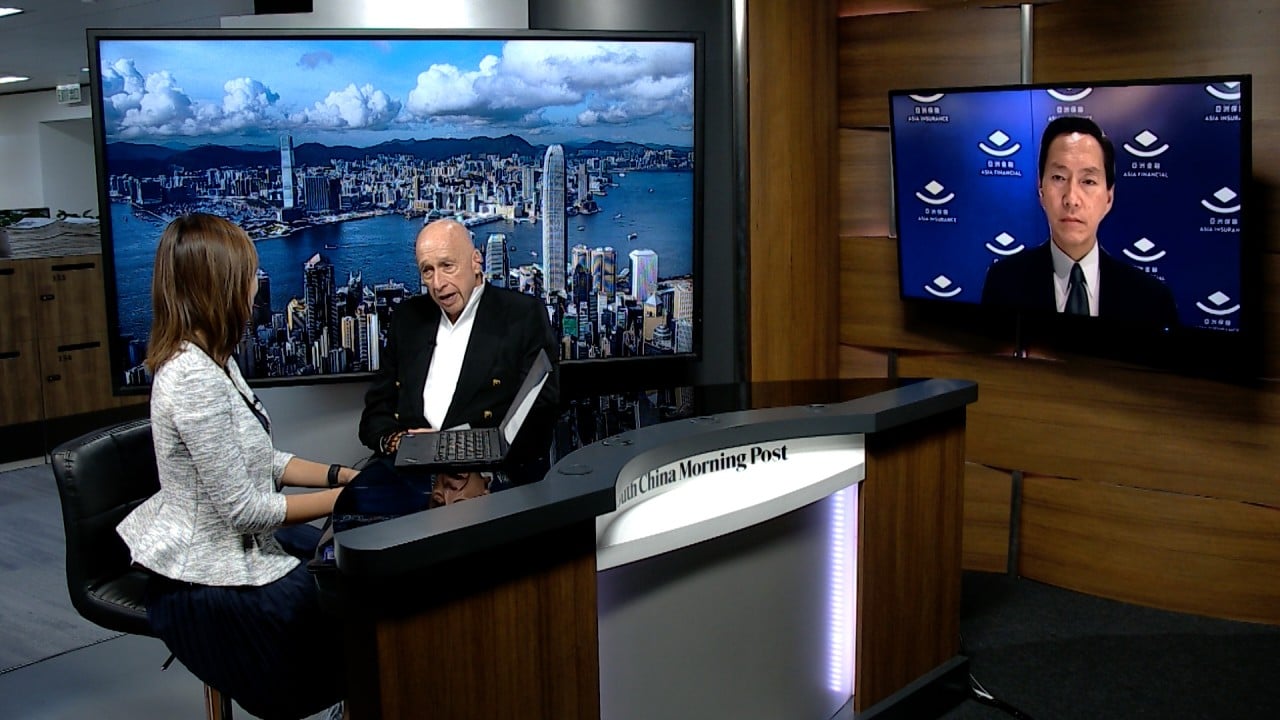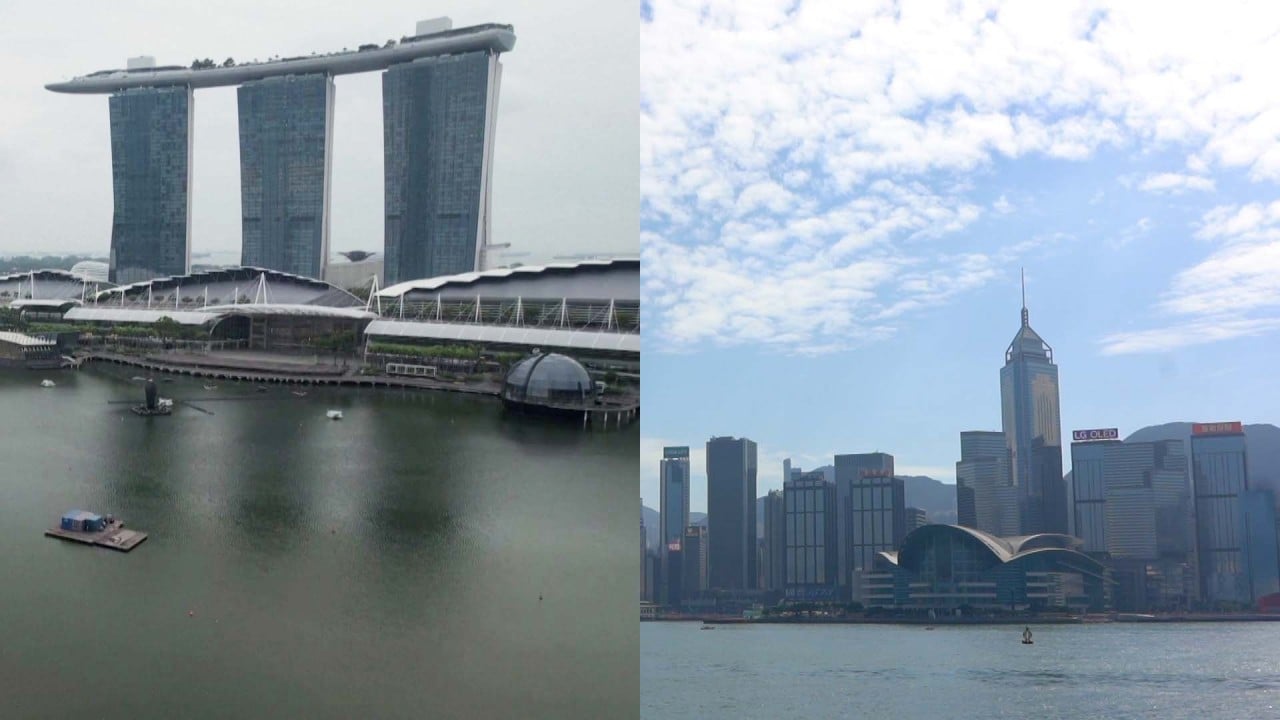
Policy address puts Hong Kong back in the race for global talent
- Comprehensive plans include a government-led recruitment drive, new and streamlined visa schemes and strikingly, a stamp duty refund
- But perks are not enough. Hong Kong’s innovation, technology and related industries must also grow to complement talent attraction schemes in the long run
The global race to attract and retain talent has intensified in the last few years with the rapid development of the innovation and technology sector, which has come to be seen as a key driver of economic growth.
For instance, he proposes setting up a special unit not only to formulate strategies to entice talent from the mainland and countries around the world, but also to offer them one-stop support services.
It is more effective for the government to promote Hong Kong to overseas talent directly through its established networks in different countries, as economic and trade offices have first-hand knowledge of the job market and talent pool where they are located.
The chief executive has also vowed to streamline the general employment policy and Admission Scheme for Mainland Talents and Professionals, in addition to doubling the eligible length of stay for non-local graduates from Hong Kong universities to two years to give them more time to kickstart their careers.
The great Hong Kong hustle is why I came – and it’s still the choice for me
The latter proposal in particular is the quickest way to replenish our young workforce because these non-local graduates would have gained a fair understanding of the city during their studies here, and should be able to easily adapt to the local work environment and quickly contribute to our economy.
I wholly support this because it recognises this group’s contribution to the city and lowers a major hurdle to their setting down roots here. Psychologically speaking, making the decision to own a home implies more commitment and a greater stake in the community. Hopefully, this will help our talented non-local residents feel more at home in Hong Kong and increase the chances of them staying for the long haul.
But we must not forget that enormous challenges still lie ahead in this global competition for quality human capital. Our rivals are on par or ahead of the curve in setting out measures to attracted the talented, who are highly mobile. We certainly cannot engage in cutthroat competition with our rivals by endlessly lavishing extravagant perks.
Ultimately, it comes down to whether our city can offer people opportunities to fulfil their dreams and achieve their full potential. Therefore, we must also ensure that our innovation, technology and related industries can grow quickly and robustly so that they complement our recruitment schemes in the long run.
Ken Chu is group chairman and CEO of Mission Hills Group and a national committee member of the Chinese People’s Political Consultative Conference



